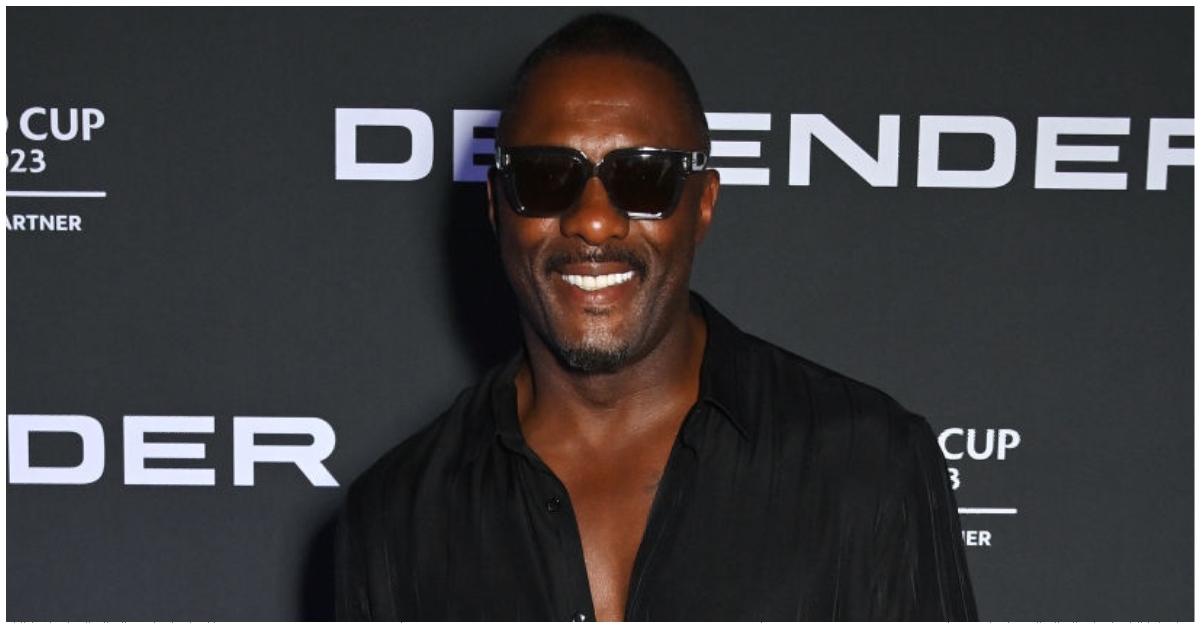Star Seeks to Break Free of Limiting Identity Boxes
In an Esquire interview, acclaimed actor Idris Elba made controversial comments rejecting descriptors like “Black actor” that categorize him by race. The 50-year-old star explained, “I stopped describing myself as a Black actor when I realized it put me in a box.”
While affirming that “racism is very real,” Elba argued that overemphasizing racial differences hinders growth. “As humans, we are obsessed with race. And that obsession can really hinder people’s aspirations,” he stated.
This perspective sparked debate around how actors of color are typecast in the entertainment industry. The Luther lead later clarified on Twitter that his Black identity was not in question, but rather the need to transcend reductive labels.
Calling Out Constraints of Stereotyping
Behind Elba’s resistance to leading with race seems to be an indictment of the industry’s tendency to pigeonhole Black performers. He touched on dealing with suggestions that achievements somehow differed as a Black “first.”
“I don’t want to be the first Black. I’m the first Idris,” Elba told the magazine, pushing back against notions that his accomplishments should be qualified. His remarks shine a light on the frustrating ceiling placed through stereotyping and lowered expectations.
By speaking out against these constraints, the Golden Globe winner advances the discussion on equality in Hollywood. While Elba faces backlash for downplaying his Blackness, his core argument centers on dismantling biases that stifle diverse talent.
Sparking Nuanced Debate on Identity
Though facing some criticism, Idris Elba’s controversial stance sparked constructive debate on the complex layers of identity. Supportive peers like John Boyega redirected the conversation toward addressing the systemic typecasting the actor condemned.
“We continuously focus on what we have to do so they don’t do this or that. Very worrying,” the Star Wars alum tweeted, arguing for scrutinizing restrictive industry norms over attacks on Elba himself.
By speaking his truth, Elba enriched the cultural dialogue on the balancing act between owning one’s heritage and resisting confining stereotypes. Rather than definitively coming down on one side, his remarks illuminated the nuance in the ongoing movement for performer equality.





